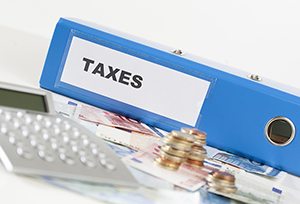Non-doms will pay more for living in the UK from April 2015 as the remittance basis charge changes.
Non-doms are used to paying an additional annual tax charge in the UK in return for the right to live in Britain.
From April, that remittance basis charge is increasing.
Wealthy expats in the UK need to run some numbers to confirm how much tax they pay in the UK, but despite the remittance basis charge creeping nearer to additional income tax and capital gains tax rates for the wealthy, paying the charge will still work out cheaper for most.
The Treasury reckons around 5,000 wealthy foreigners pay the remittance basis charge each year – but not necessarily the same 5,000 individuals.
Remittance basis
Of that number, around 3,000 have paid every year and about 800 flit between paying the remittance basis charge and straightforward tax on their income and gains. The figures show 9,000 non-doms have actually paid the remittance basis charge since the levy was introduced.
No doubt they are taking advantage of tax planning to mitigate what they pay each year to keep the amount to the minimum.
To stop this, the government has published a consultation paper outlining a new tax strategy based on a three-year rather than annual tax period.
The new rates for the remittance basis charge from April 2015 are:
- Zero for residents who have been in the UK for less than six years
- £30,000 for those living in the UK for seven to 11 years
- £50,000 for the 12 to 16 year residence band
- £90,000 for those living in Britain for 17 of the last 20 years or more
The charge is not levied if a non-dom has less than £2,000 of unremitted foreign income or gains in a tax year or if they are aged 18 years old or under.
Extra taxes
Tax matters for non-doms do not stop at the remittance basis charge.
The annual tax on enveloped dwellings (ATED) is a tax paid on homes worth more than £1 million owned by companies from April 2015 – down from a threshold of £2 million.
In April 2016, the threshold drops again to homes valued at £500,000.
While not directed at non-doms, by the nature of their wealth, few own homes that are worth less than the minimum thresholds.
Changes in Stamp Duty rules and the scrapping of a capital gains tax exemption for overseas owners of homes in Britain also add to the non-dom tax tab.
